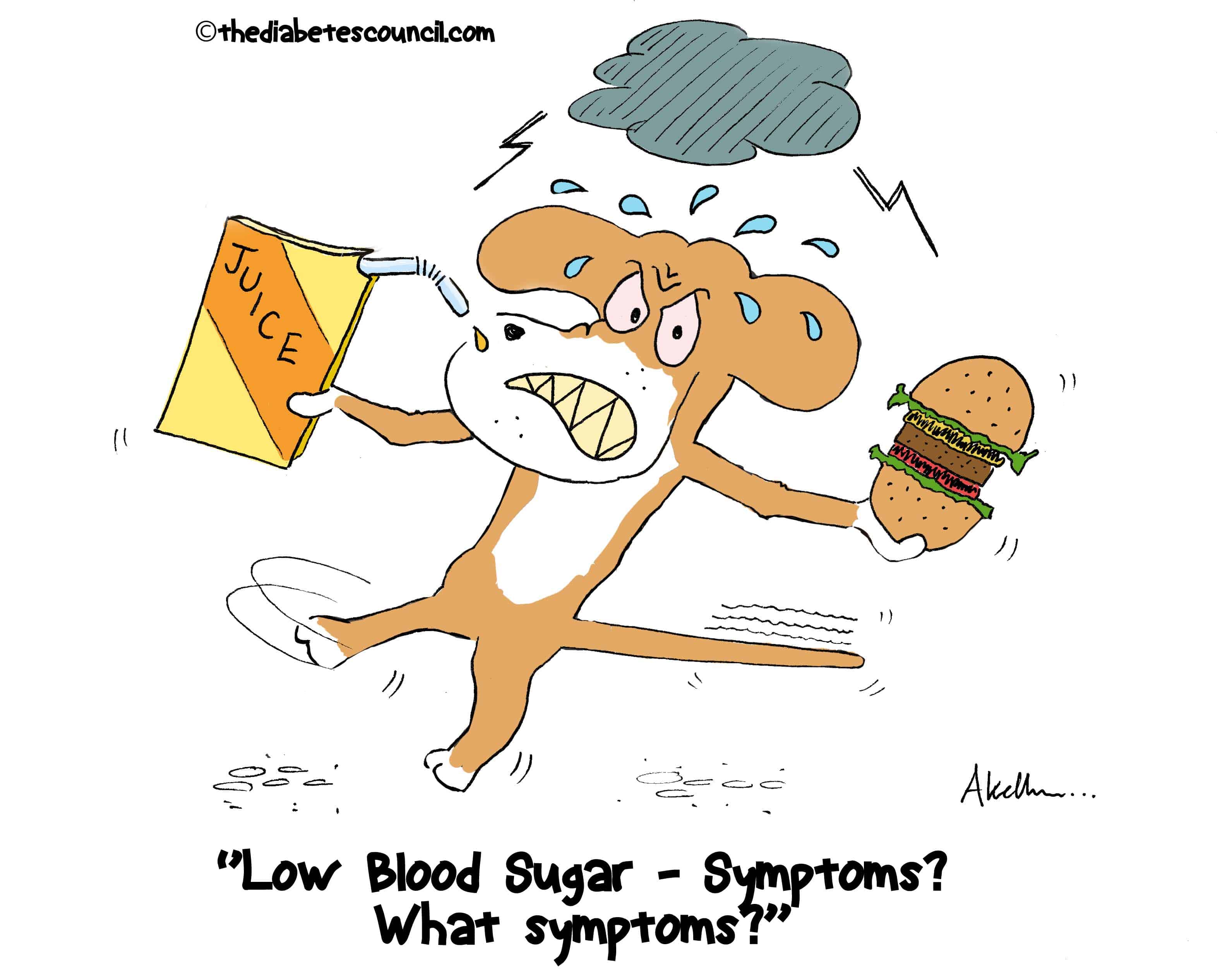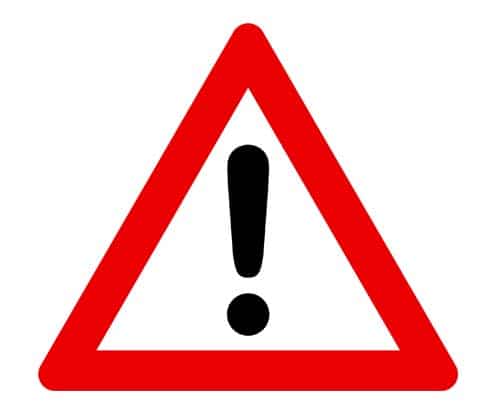One of the biggest issues facing many people with diabetes is the occurrence of hypoglycemic unawareness. What is it you might ask? Typically, someone with diabetes is able to feel certain symptoms to give them a heads up that their blood sugar has dropped low. Such symptoms include:
- Shaking
- Feeling dizzy
- Excessive sweating
- Headache
- Irritability
- Inability to Concentrate
- Insomnia
- Fatigue
- Increased Hunger
However, with hypoglycemia unawareness (hypo unawareness) the person does not recognize the symptoms of a low blood sugar occurring. They may not even realize they are low until they do a random blood sugar test.
Often times, hypo unawareness occurs during the evening hours during sleep. It is said that people with diabetes wake up for less than half of their lows that happen overnight. This is not a great statistic when you think about it. More often than not hypo unawareness happens during the day. Serious complications could occur if a low blood sugar is not recognized and treated promptly. The good news is that hypo unawareness doesn’t have to be the end of the road. There are ways to go about preventing this occurrence and learning to retrain your body to recognize a low blood sugar once again.
Why Does Hypo Unawareness Occur?
This occurrence is not as rare as many people would think, in fact, 17 percent of people with Type 1 diabetes experience hypo unawareness. Sometimes feeling the symptoms of a low blood sugar start to decrease after many years with diabetes. This is because of the multiple and repeating low blood sugars on the body, causing an impairment in how the body released the stress hormones.
Glucagon which is produced within the liver is responsible for releasing glucose into the blood stream to raise blood sugar levels. However, people with type 1 diabetes have a decrease in glucagon production within the first three to ten years of their diagnosis.
For more informational content see below:
- Dietitians Answer Questions About Energy Levels, Picky Eaters, Plant Based Diet & More For Those With Type 2 And Prediabetes
- They ACTUALLY Ate This to Treat a Low Blood Sugar!!
- 34 Diabetes Bloggers Give Us A Glimpse of Behind The Scenes
- Balancing Diabetes and Celiac Disease
- Interview with Catherine Price
Consuming alcoholic beverages can increase the risk of developing hypo unawareness because the mind becomes warped and less likely to recognize what is happening during this time.
The lower average blood sugar someone experiences increases their risk of developing hypo unawareness as well. Having a more recent low blood sugar will also decrease your body’s ability to produce stress hormones which enable you to feel a low blood sugar. This is why reoccurring lows are often times more difficult to recognize.
Retraining Your Body’s Ability to Recognize Lows
Research has been able to show that people who suffer from hypo unawareness can once again become aware of low blood sugars happening by reducing their instances of low blood sugars. By preventing lows for up to two weeks’ time, you will begin to notice an increase in the symptoms from a low blood sugar once again. After three months, you will once again have full ability to recognize the symptoms.
By avoiding low blood sugars, people with diabetes can once again regain the ability to feel the symptoms associated with those lows. By setting target levels just a bit higher and adjusting insulin doses to help achieve these target levels, you can become more alert to any lows occurring after a few weeks’ time.
Another way to help prevent hypo unawareness is to avoid any alcoholic beverages or limit them. An occasional middle of the night blood sugar test can help give you an inside peek into what is happening during your sleeping hours and may even catch lows that you are not aware of.
Learning to retrain your body to once again feel the symptoms of a low blood sugar is not that difficult. It may take some time for you to once again be able to recognize the symptoms, so it’s important to remember to not get frustrated. So we hope this helped you learn about the symptoms of unawareness.
TheDiabetesCouncil Article | Reviewed by Dr. Christine Traxler MD on June 04, 2020







